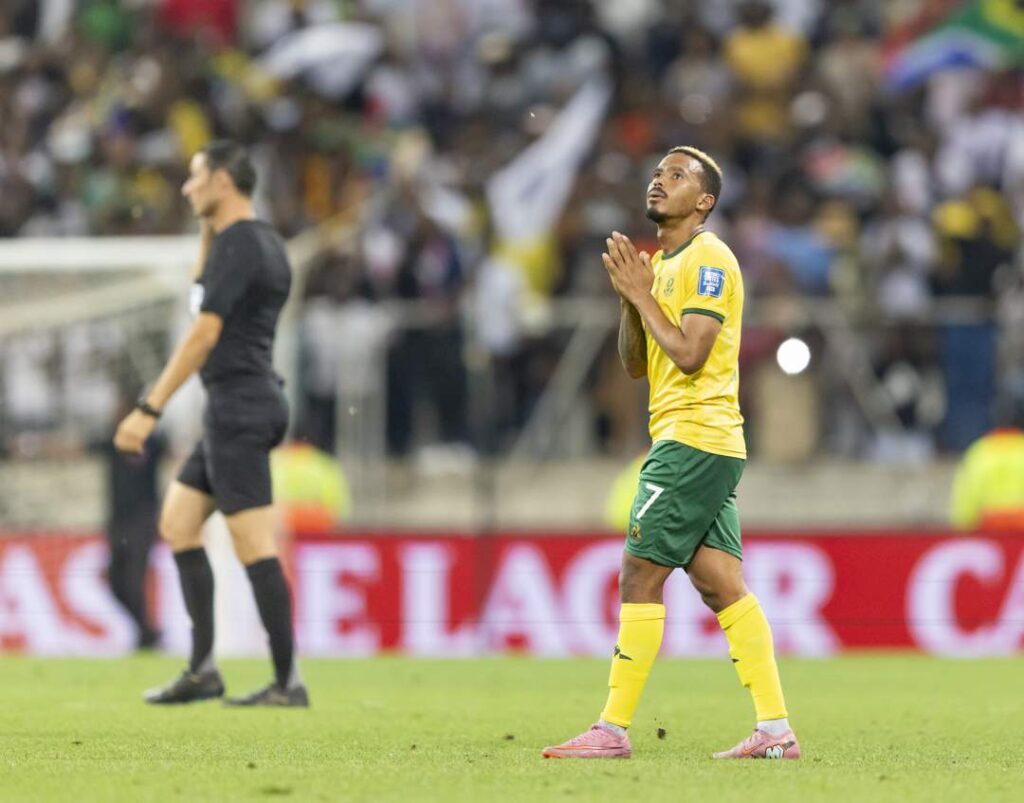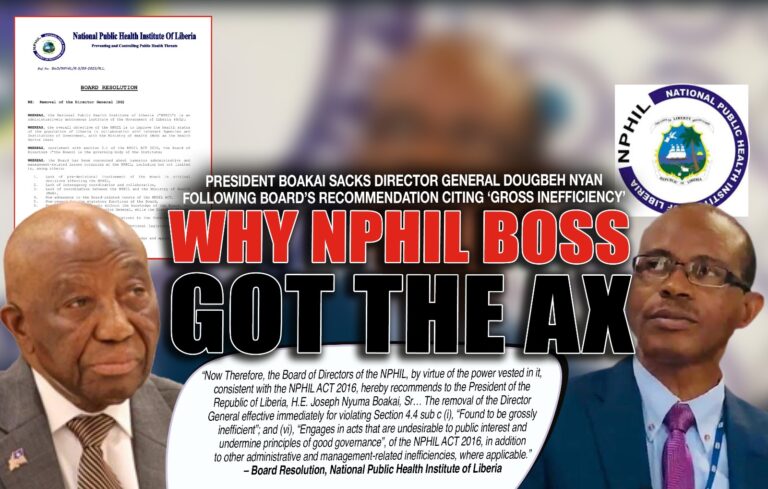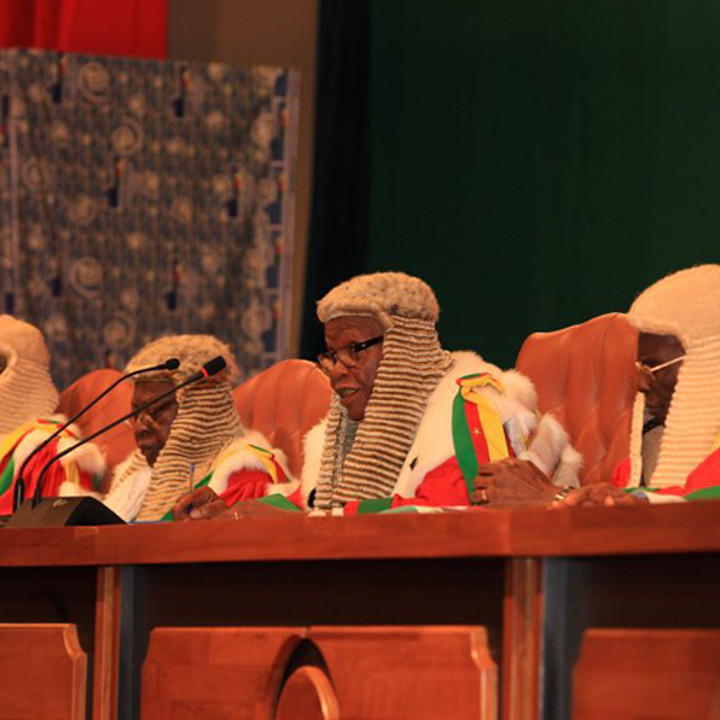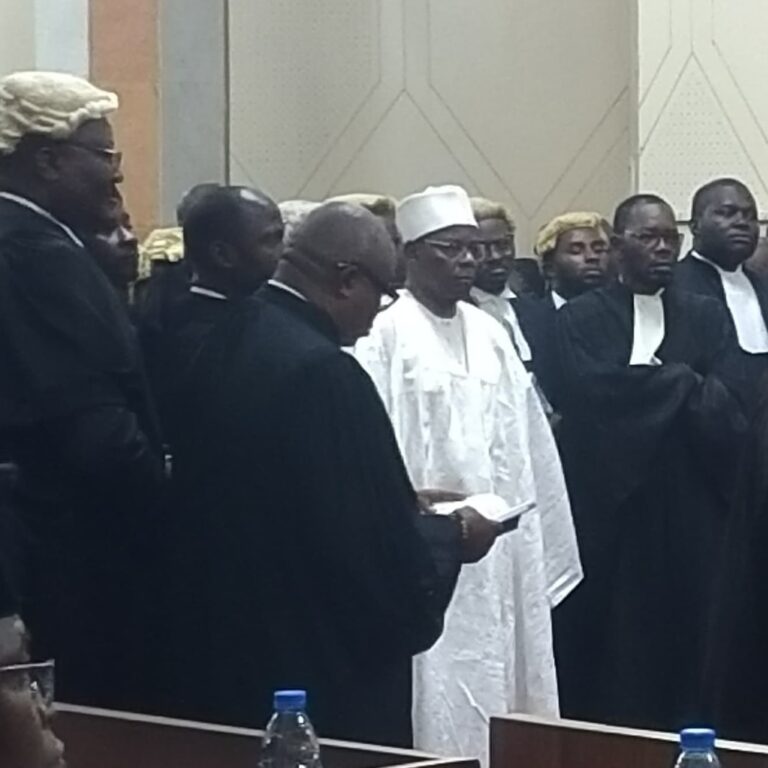
- Bafana Bafana secured qualification for the 2026 FIFA World Cup with a 3-0 victory over Rwanda at Mbombela Stadium, overcoming the challenges of a two-year qualifying campaign disrupted by the Mokoena-gate point deduction.
- Hugo Broos, now Bafana’s longest-serving head coach, credited the collective effort of his staff, players and support team, highlighting the transformation of the national team under his leadership.
- With World Cup qualification secured, Broos and his squad turn their attention to the Africa Cup of Nations in Morocco, aiming to build on their previous third-place finish.
- For more Bafana Bafana news, visit our dedicated section.
There was a round of applause for Bafana Bafana head coach Hugo Broos when he entered the press room at the Mbombela Stadium on Tuesday evening, and it was richly deserved.
His side had just thrashed Rwanda 3-0 to seal qualification for the 2026 FIFA World Cup, which will be jointly hosted in the United States, Mexico and Canada.
It sounded simple on paper, but the road to Mbombela’s celebration was anything but.
ANALYSIS | Fearless Bafana Bafana qualify for the World Cup, the South African way
This was the culmination of a gruelling two-year qualifying campaign filled with twists, setbacks and redemption.
The most damaging of those was the infamous Mokoena-gate saga, in which FIFA docked Bafana three crucial points – a decision that seemed to derail their hopes.
Heading into the final matchday, South Africa needed a victory over Rwanda and help from its oldest rival, Nigeria.
The Super Eagles, still clinging to qualification hopes of their own, delivered emphatically – thrashing Group C leaders Benin 4-0 in Uyo to book their place in the play-offs to determine the sole CAF representative at the inter-confederation play-offs.
Broos’ men rose to the occasion, with Thalenthe Mbatha, Oswin Appollis and Evidence Makgopa finding the net to complete a night that will live long in South African football folklore.
For Broos, who has transformed Bafana into believers once more, the applause was more than a gesture – it was a salute to perseverance, discipline and belief restored.
But the 73-year-old, who has now surpassed the late great Clive Barker as Bafana’s longest-serving head coach – four years and five months and counting – could not shoulder all the praise.
Broos credited the collective effort of every person under the Bafana umbrella, especially assistant coach Helman “Midnight Express” Mkhalele, a 1996 Africa Cup of Nations winner whose experience continues to anchor the team’s spirit.
“This is really a fantastic evening for everyone. This is not only because of the coach. I’m part of it. This is the team that has worked for the last three years to have all these performances and nice moments.
“I can’t forget my staff because they helped me a lot, especially Helman. You all know that I like him very much. So, without him, we would not have achieved this. But it’s not only my staff, it’s also the medical staff who work, day and night, to have the players ready to give big performances.
“The kit manager, the security manager, the team manager. We are a bunch of people, including him (pointing to Bafana’s media communications officer Mninawa Ntloko), and I don’t forget you. So, we are a bunch of people who have only one goal, and that is putting in good performances and winning things. And I think this is not a work for me alone.”
Africa’s World Cup representives:
Algeria
Cape Verde
Egypt
Ghana
Ivory Coast
Morocco
Senegal
South Africa
Tunisia
Tuesday’s clash against Rwanda in Mbombela marked Broos’ 48th match at the helm of Bafana Bafana – a milestone that reflects both stability and steady progress.
During his tenure, the Belgian has guided the national team to 25 victories, 16 draws and just seven defeats, translating to a respectable 52% win rate.
Under his leadership, Bafana have found the net 79 times while conceding 48, averaging 1.65 goals per game. It’s statistic that speaks volumes about the team’s growing balance between structure and attacking intent.
Bafana player ratings | Five-star Appollis… and SA have World Cup lift-off
Before Broos took over, Bafana Bafana were far removed from the vibrant, fearless team that once defined South African football’s golden era. The spark that lit up the 1990s and early 2000s had long faded.
Years of disappointment had taken a toll – missed Africa Cup of Nations tournaments, failed World Cup qualifications, and performances that left supporters disillusioned. The pride once associated with wearing the green and gold had dulled, replaced by frustration and indifference. The national team had become a story of unfulfilled promise.
When Broos arrived, he inherited more than just a struggling squad – he took charge of a broken footballing spirit.
The Belgian coach brought a sense of order, discipline and belief to a side that had forgotten how to win hearts as much as matches. He stripped things down to the basics, backed young and hungry players, and instilled a collective identity that had been missing for years.
Gradually, the results began to reflect the change. The football wasn’t always dazzling, but it carried purpose. Now, nearly two decades after the nation last truly believed, faith is returning. The same fans who once turned away are watching once more.
“[Qualifying for the World Cup] is fantastic, not only for us as coaches or players, but for the whole nation,” he continued.
“I heard somebody saying on the pitch after the game, everybody laughed at Bafana Bafana. We were a joke, and now we are there. We are on a high level, and everybody respects us.
“And this again is not the work only for me. So, at last, I think that this is something that this nation needed. A different way to look at football, a different way to judge players.”
With their World Cup tickets now booked, Bafana Bafana’s focus swiftly shifts to the next challenge – Afcon in Morocco.
Drawn in Group B alongside Egypt, Angola and Zimbabwe, South Africa face a demanding path, but one that Broos believes his charges are ready for.
Having secured third place at the previous Afcon, Broos is determined to take his team a step further and aim for the title this time around.
Beyond success on the international stage, he also hopes that some of his key players – along with other promising South African talent – can secure opportunities to play club football at the highest level, gaining experience that will only strengthen the national team.
“In December we are at Afcon, we will try to do as good as [the] last one and hopefully even better.
“But I hope that with all those high-level tournaments and certainly next year in America with the World Cup, players will have the opportunity to go to higher competitions because they deserve it first of all, and they need it also.
“And if we can make that step in the future, you will see that South Africa will even be getting better than they are already now.”
Full of emotion yet quietly composed, Broos, now in the twilight of his career, balances calm with heartfelt passion.
Securing a World Cup ticket at this stage feels like a fitting culmination – a moment that allows him to savour the achievement while knowing he is ready to eventually step away and bring a remarkable chapter of his coaching career to a close.
“So again, don’t ask me what my emotions are for the moment. I don’t have words. I hoped maybe more than every player in this group that we should go to America,” he says.
“For me, it’s a sentimental reason. You all know that I was already in a World Cup at the end of my career as a player, and now I do it again [as a coach].
“I think this is the right moment next year, after the World Cup, to stop my career and to go to my family and enjoy the next 20 years with my grandchildren and my children.
“But first of all, there is some work to do, and we will try to do it well.”
Indeed, there is.











